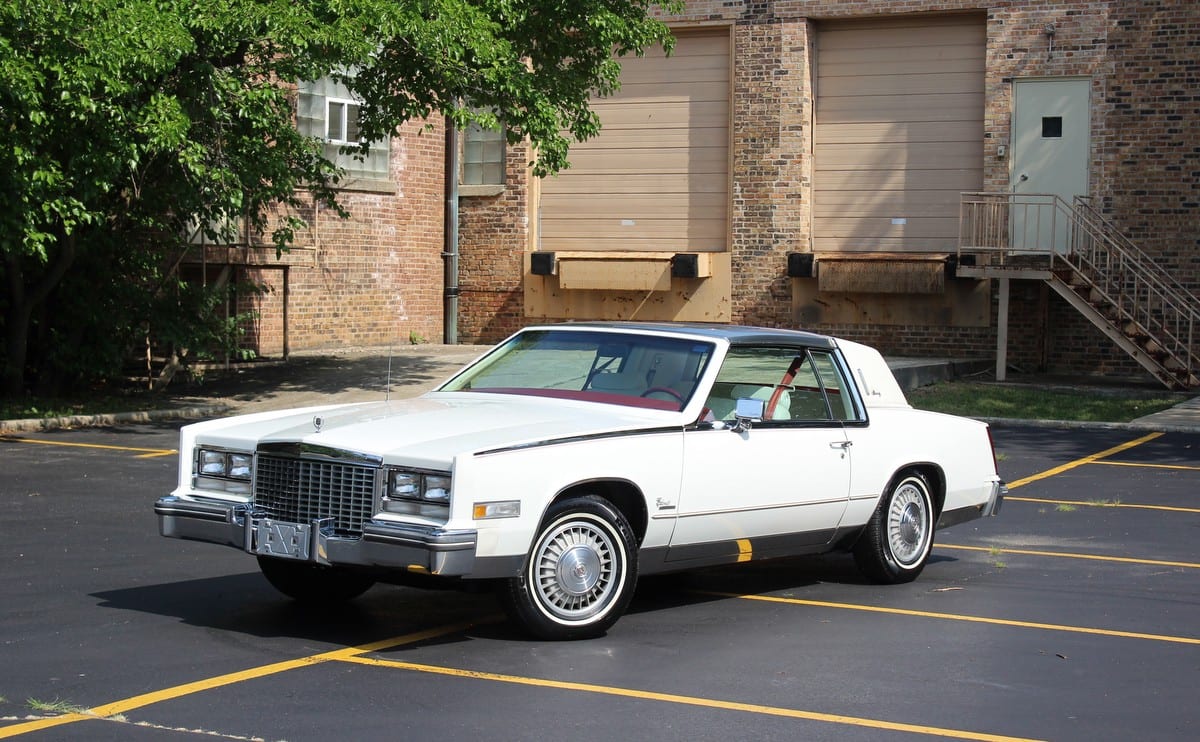To be valid under Vermont law, a will must be:
- In writing
- Signed by the testator in front of two witnesses
- Signed and attested by two witnesses
The requirements to make a valid will under Vermont law are found at 14 V.S.A. § 5.
Who Can Make a Valid Will In Vermont?
Every individual 18 years of age or over or emancipated by court order who is of sound mind may make a will in writing under Vermont law. 14 V.S.A. § 1. A testator is of sound mind, and therefore has testamentary capacity to make a valid will under Vermont law when the testator has sufficient mind and memory at the time of making the will to remember:
- The natural objects of his bounty,
- Recall to mind his property,
- And dispose of his property understandingly according to some plan formed in his mind.
A Vermont Will Must Be Signed By The Testator
Vermont law requires that a valid will must be “signed in the presence of two or more credible witnesses by the testator or in the testator’s name by some other person in the testator’s presence and by the testator’s express direction…” 14 V.S.A. § 5.
A testator can direct another person to sign the will for the testator if the testator is unable to do so. The testator must be in the other person’s presence, and must direct the person to sign the will.
In addition, the testator (or another person for the testator) must sign the will in the presence of two or more credible witnesses. If the requisite witnesses are not present when the testator signs the will, the Vermont will is not valid under Vermont law.
Witness Requirements For a Vermont Will
Not only is a Vermont testator required to sign the will in front of two witnesses, but the witnesses are also required to sign the will in front of the testator and in front of each other. 14 V.S.A. § 5.
Any beneficial devise or legacy made or given in a will to a subscribing witness to the will or to the spouse of a subscribing witness shall be voidable unless there are two other competent, subscribing witnesses to the will. 14 V.S.A. § 10. It is best practice in Vermont to have witnesses who are disinterested (do not benefit from the will) act as the witnesses to the will. If a witness is a beneficiary under the will, the gift is voidable under Vermont law.
Does a Will Need To Be Notarized To Be Valid In Vermont?
No. A will does not need to be notarized in order to be valid under Vermont law. However, a will can be made self-proving under Vermont law, and this is done by executing a sworn acknowledgment before a notary. Making a will self-proving speeds up the Vermont probate process, because the witnesses have already testified as to the valid execution of the will.
The form to make a Vermont will self-proving is found at 14 V.S.A. § 108.
The best way to make sure that you have created a valid Vermont will is to work with a Vermont probate lawyer.








